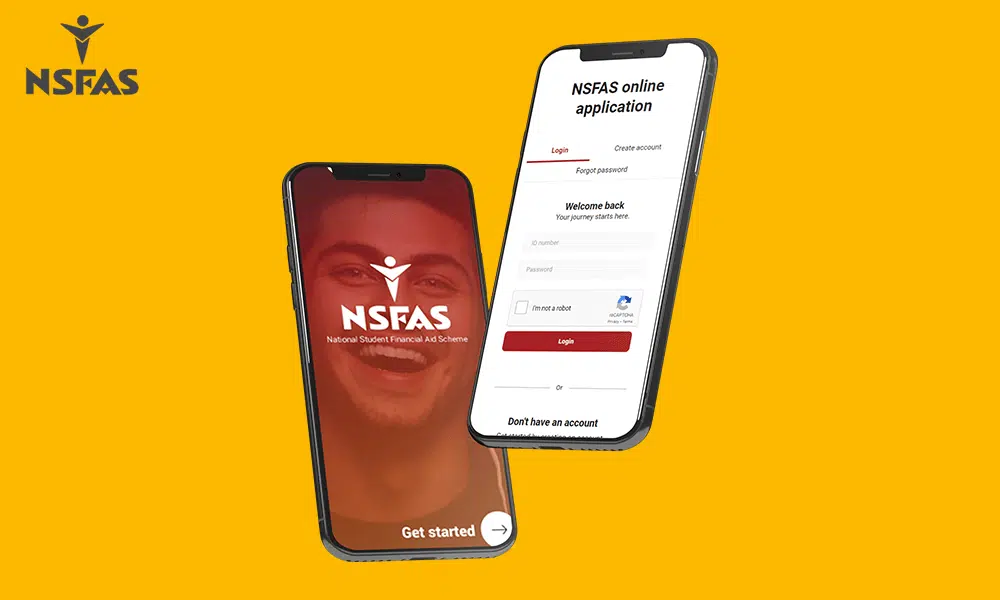Understanding "NSFAS Application in Progress" Meaning

Understanding "NSFAS Application in Progress" Meaning
The National Student Financial Aid Scheme (NSFAS) is a crucial initiative in South Africa, providing financial support to students from disadvantaged backgrounds. When applicants check their NSFAS application status and see the message "Application in Progress," it can raise questions and concerns. This article aims to clarify what this status means and what applicants can expect during the processing of their applications.
What Does "Application in Progress" Mean?
The "Application in Progress" status indicates that your NSFAS application has been received and is currently being processed. This status signifies several key points:
- Initial Review: Your application is undergoing an initial review to verify the submitted information and supporting documents.
- Verification Process: NSFAS staff are verifying your personal details, financial information, and eligibility based on the criteria set for funding.
- No Final Decision Yet: The application has not yet been approved or denied, and further assessments are ongoing.
Why Is Your Application in Progress?
There are several reasons why your application may remain in progress for an extended period:
1. High Volume of Applications
NSFAS receives a large number of applications each year, particularly during peak application periods. The processing team may take longer to review applications due to the sheer volume.
2. Documentation Verification
NSFAS requires various documents to confirm your identity, financial situation, and academic enrollment. If there are discrepancies or missing information, the verification process may be delayed.
3. Background Checks
NSFAS conducts thorough background checks to ensure that applicants meet eligibility requirements. This can include verifying income levels and other relevant criteria.
What to Do While Your Application Is in Progress
While waiting for your application status to change from "in progress," consider the following steps:
- Check Your Documents: Ensure that all required documents were submitted correctly. If you notice any missing or incorrect information, contact NSFAS to rectify it.
- Monitor Your Application Status: Regularly check your NSFAS status online or through the official NSFAS app for any updates.
- Contact NSFAS: If your application remains in progress for an extended period (usually beyond the expected processing time), consider reaching out to NSFAS customer service for clarification.
Understanding the Processing Timeline
The processing timeline for NSFAS applications can vary significantly. Factors influencing the timeline include:
- Application Volume: The number of applications received during the application window can impact processing times.
- Completeness of Application: Complete and accurate applications are processed faster than those with missing information.
- Verification Delays: If your application requires additional verification, it may prolong the process.
Common Questions About NSFAS Application Status
1. How long does the "Application in Progress" status last?
The duration can vary. Generally, applications are processed within a few weeks to a few months, depending on the factors mentioned earlier.
2. What happens after "Application in Progress"?
After your application is processed, your status will change to either "Approved" or "Rejected," depending on the outcome of the review.
3. Can I make changes to my application while it's in progress?
Once submitted, changes to your application may not be possible. However, if you notice any errors or omissions, contact NSFAS immediately for guidance.
Understanding the "Application in Progress" status with NSFAS is essential for applicants navigating the financial aid process. While waiting for updates, staying informed and proactive can help ensure a smoother application experience. By being aware of the potential delays and knowing what to expect, applicants can better manage their expectations and prepare for the next steps in their educational journey.
